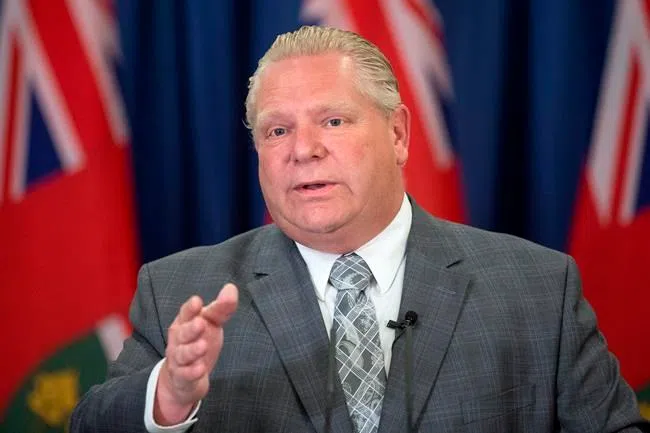
Doug Ford paints himself as fiscally responsible outsider in bid to lead Ontario
TORONTO — Eight years after a populist wave handed Rob Ford the reins of Canada’s largest city, his brother is testing the same brand of everyman appeal on the provincial stage.
With calls to trim government fat and put money back into voters’ pockets, Doug Ford is painting himself as a fiscally responsible outsider in an effort to propel Ontario’s Progressive Conservatives back to power for the first time in 15 years.
“We will form a government that is for the people. Not for the insiders, not for the elites, a government that will have your back,” Ford told cheering supporters as he launched the Tory campaign Tuesday night. “I intend on keeping the promises that I make.”
Ford, who seized the Tory crown in a heated leadership race two months ago, is hoping to woo voters with promises of relief that harken back to his late brother’s mantra to “stop the gravy train,” but offer little in terms of concrete policies.
